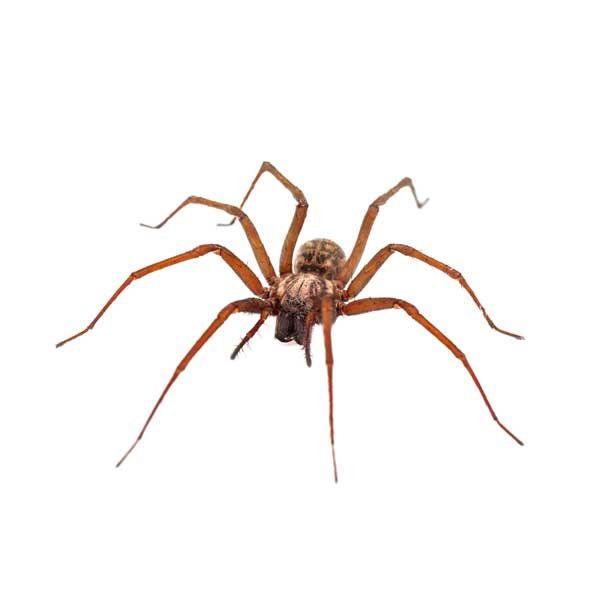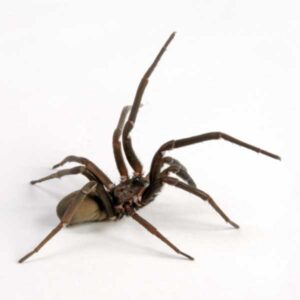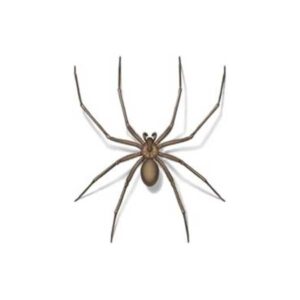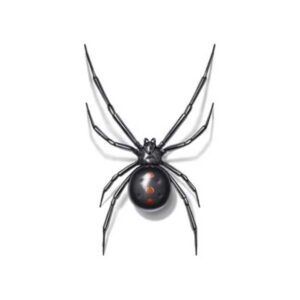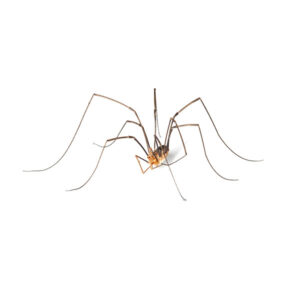House Spiders in The Mississippi Gulf Coast
The domestic or common house spider is the most commonly seen spider in North America. Most often encountered indoors, the house spider is a nuisance pest because of its webs more than the spider itself. A house spider’s web is often called a cobweb and is made up of many crisscrossing strands of sticky silk. Cobwebs are generally found in corners of rooms and ceilings. A house spider is an excellent trapper, preying on any insect that is unfortunate enough to walk or fly into its sticky web. If their webs do not yield prey, the webs are abandoned and a new site is chosen.
House Spider Habitat
Common house spiders like living in quiet, undisturbed areas where moisture and food are available. They can usually be found in gardens, backyards, basements, attics, barns, sheds, and any other type of man-made structure. If left undisturbed, house spiders can live as long as seven years in the same web in places like attics, basements, and garages. When outside, female spiders die in the cold and males rarely live longer than a year.
House Spider Behaviors, Threats, or Dangers
Domestic house spiders move quickly, are not aggressive, and will often retreat when confronted. If cornered with no possible escape, house spiders may bite, although documented cases of domestic spider bites are extremely rare. If bitten, the symptoms may include slight pain, swelling, and itching. House spiders do not cause any property damage and are actually beneficial as they eat other pests that may cause damage, such as termites, carpenter ants, moths, and stink bugs.
If you are dealing with a common house spider problem, always contact your local spider exterminators.
Need help with House Spider control?
We'll call you! Leave your information below.

